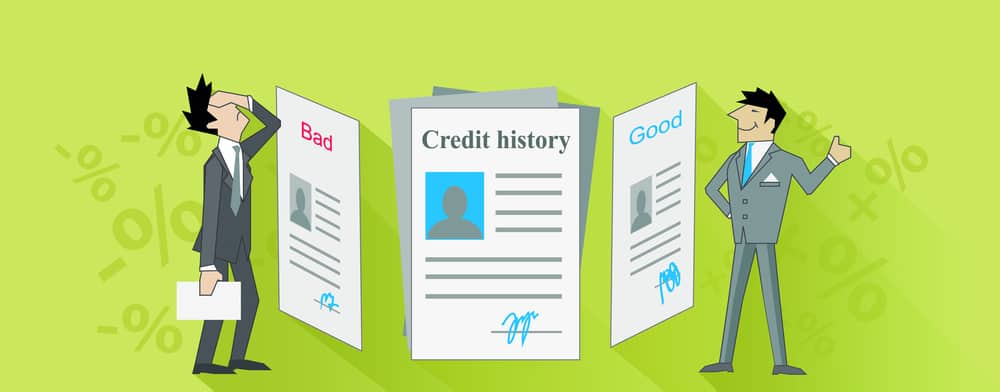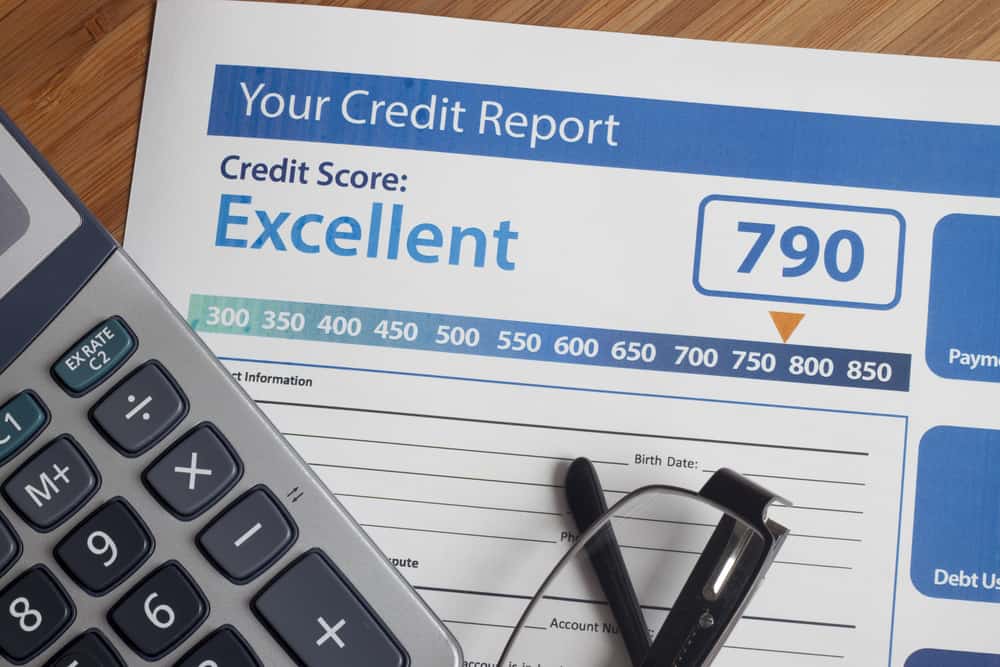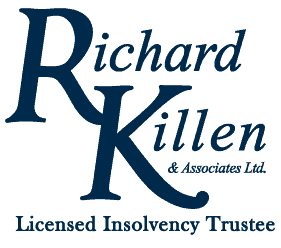Understanding your credit rating
Posted on: August 13, 2019Posted in Budgeting, Credit Rating, Financial Advice | Comments Off on Understanding your credit rating

When it comes to managing debt, do credit rating reports help?
There is a simple way to avoid taking on personal debt: never take out a loan without first knowing its purpose, the long-term goals and benefits it will achieve, and the plan to pay it back. Simply put, use credit with good judgment ideally to profit from your borrowing. But as we all know, we often borrow without considering the consequences, and then we find that our debts pile up quickly, resulting in an overall negative impact on our financial position.
Look before you leap
The best way to know how to control debt is to look before we leap. We need to ask ourselves if the credit is necessary, what it will involve, is there a better way to get what we want without incurring this debt and how fast will we be able to get rid of it. Also, it’s good to know where we stand with our creditors. If we know exactly who we owe, we can figure out how much we owe, either as a pay-out figure or as an amount to be repaid over time. If we’re not sure who we owe we can also pull our credit report from each of the two national credit bureaus in Canada: Equifax Canada and TransUnion Canada. If we just need to see what debts we have and how much we owe, looking at our credit reports is a great place to start, though it probably won’t be able to provide current amounts owing.
These credit bureaus are companies who carry a file on each of us which was opened the first time we applied for a credit card and it contains all our financial information, at least where our credit is concerned. This information is usually supplied by the credit companies with which we do business. When we request a report, it will give a fairly detailed summary of our individual credit history including key information on all our financing transactions like our credit card balances, outstanding mortgage, auto or student loans. It will also note any negative events like a default collection record, bankruptcy or consumer proposal filings, or any other court-related event like a judgment or garnishee, tax liens and even promissory note defaults from personal loans, even from friends and family if they are reported. The credit bureau report will also provide past creditor information that we may have forgotten about because a lot of time has elapsed since we last paid them.

Ideally, obtaining a report from both credit reporting agencies is a good idea because there is no guarantee that they will both have the same information. But before requesting a report, it’s important to know a few things about how this system works and that our rights are protected. In Ontario, the credit bureaus are regulated by the provincial government through the Consumer Reporting Act. This law lays out:
● what a consumer reporting agency can report,
● how a consumer’s credit report can be used,
● when someone can request a credit report, and
● what consumers can do if their files contain any information that is wrong or incomplete.
The Consumer Reporting Act also recognizes that businesses, landlords and employers need to have correct information, but at the same time it must ensure:
● that agencies collect, maintain and report our credit and personal information responsibly;
● our right to know what is being reported about us and to whom; and
● our right to correct (or fix) information about ourselves that is inaccurate.
When we receive our report, we will see a score — a number on a scale — that indicates whether we are in good stead with our creditors or whether we have some adjustments to make to improve our score. Basically, every transaction we make, every application we file and every legal action we get involved with ends up on our file for others to see, and those actions are taken into account when determining our score. While on the surface, this process may seem daunting, but in fact it’s empowering. Not only can we ensure that our information is true and accurate, we can also use the knowledge to improve how we manage our debt, which is good news.
Richard Killen, Licensed Insolvency Trustee and author of the new eBook The Glass is Half Full which is now available to be downloaded for free from iBooks, Amazon, Indigo and Kindle. Richard Killen & Associates, with offices conveniently located across the GTA, have been helping Canadians resolve their debt issues since 1992.










